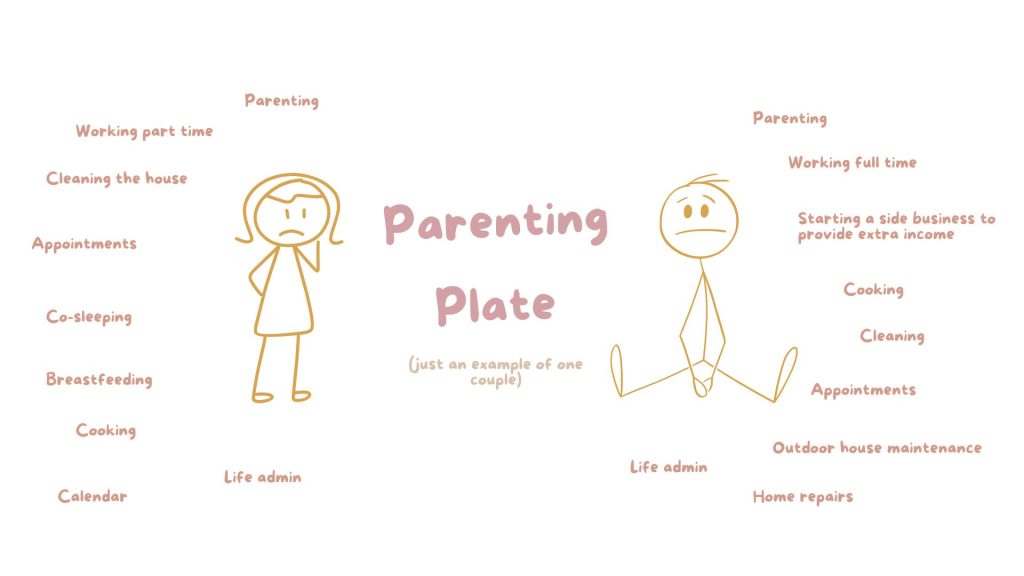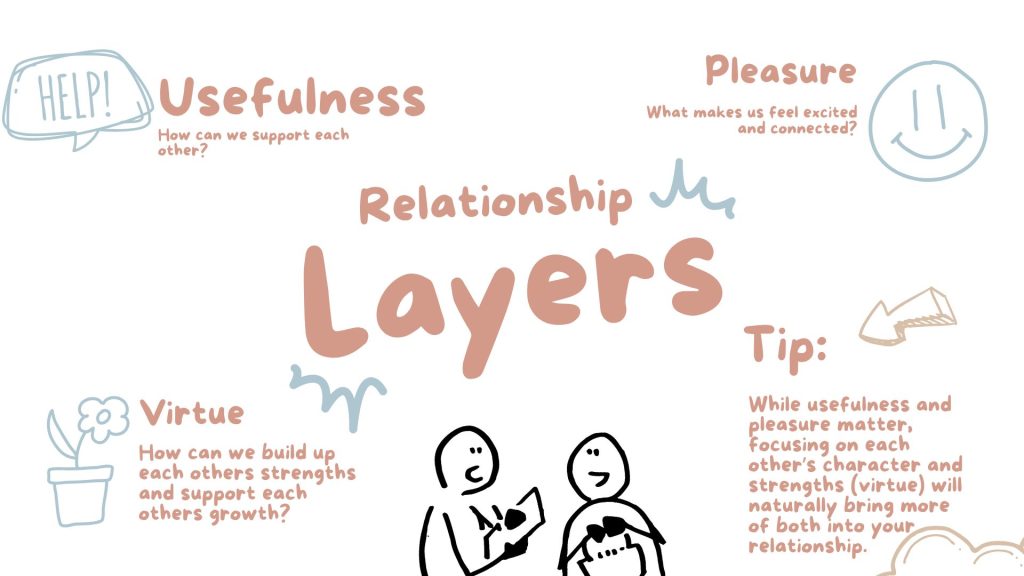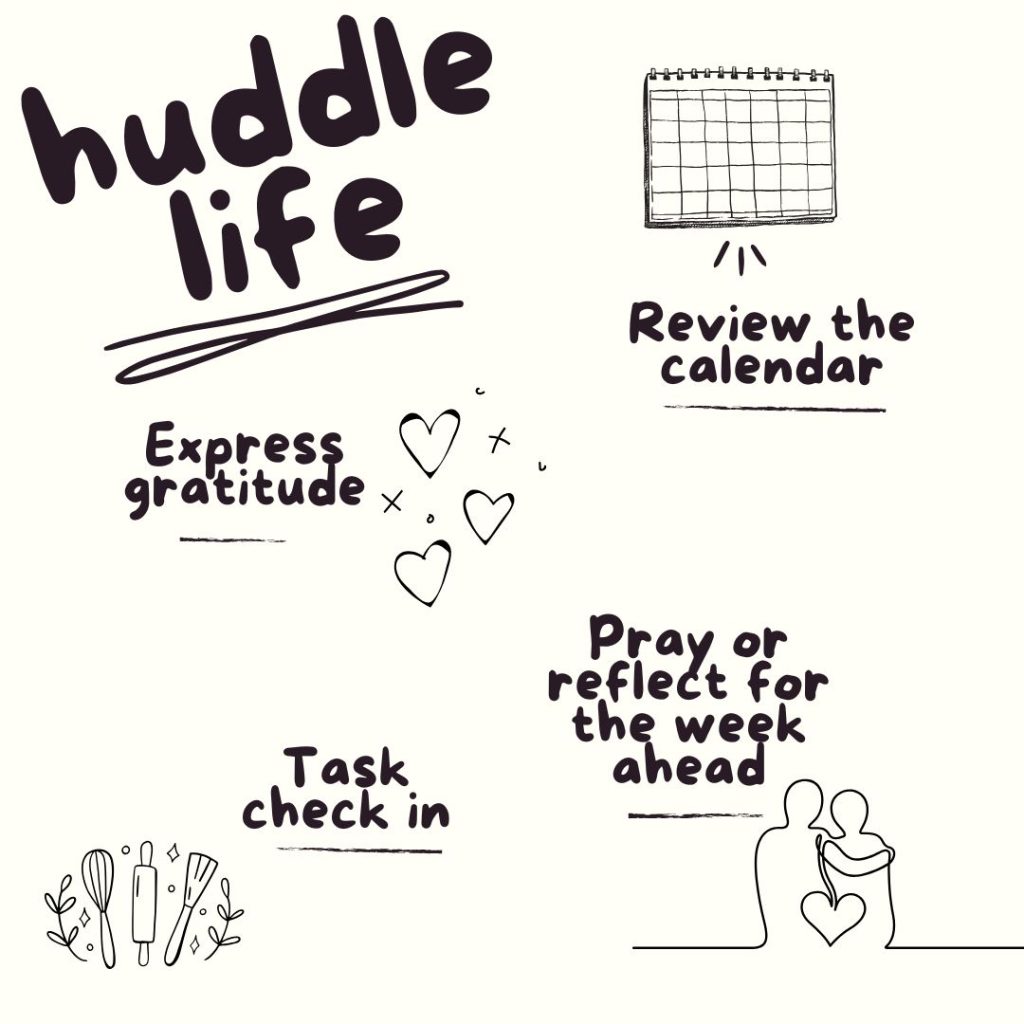Sharing parenting responsibilities: 3 helpful ways we learned to work together as new parents (and avoid resentment)
Sharing parenting responsibilities is at the heart of a strong relationship as you navigate caring for your baby, managing housework, and all the other things life throws at you, together.
Table of Contents

How can new parents approach teamwork in parenting?
As a new parent, sharing parenting responsibilities can feel overwhelming. When I originally wrote this, I thought the focus would be on the practical side of teamwork – making mundane tasks more enjoyable and finding ways to lighten the load.
We’ll cover that in other posts, but first, it’s essential to address some core issues around teamwork that impact new parents.
Please understand that I’m saying some of the more direct things in this post because I care about your relationship and not giving new parent advice for the sake of it. Our relationships can become a battlefield, which is a soul destroying experience (speaking from personal experience). There is also a real struggle around lack of support and feeling undervalued.
This load is significant for many, and I want it to weigh less on you.
This can be a sensitive topic, so I’m aiming to be clear: kindness is clarity. Here are three things to consider if you want to be a strong team in your parenting and in your relationship:
- Teamwork is never 50 / 50.
- Your partner isn’t your enemy.
- Focusing mainly on what your partner is and isn’t doing for you is likely harming your relationship.
Can you relate to this? Does this sound like you? Especially in the first year of our child’s life, it sure was me. Resentment was my middle name. And it’s exhausting, causing bickering at its best, and if left to grow, total destruction at its worst.
But there is an alternative to feeling like this, so lets dive into it.
Why do new parents struggle with resentment and the mental load in parenting?
This is a common challenge for many new parents. Once you bring a baby into the mix, discussions and feelings around sharing parenting responsibilities often increase and escalate. Parenting brings a load that can feel never ending, and the way we handle this load can make or break our partnership.
One of the biggest issues couples face is what’s been coined the “mental load” – that feeling of having a million tabs open in your brain. It’s easy to slip into resentment around this, especially if it feels like your partner isn’t pulling their weight.
Part of the problem is that narratives around the “mental load” are often extremely one sided when the reality is that both partners carry their own mental loads about different things and contribute in ways that aren’t always obvious. As the mental load concept is mostly focused on women/mothers, I’ve named it ‘parenting plate’ in the below visual.

That’s not to say your partner is pulling their weight, and any feelings of resentment you have are not valid. There are likely to be many challenges you’ll face in your relationship and parenting learning curve.
But the way to tackle those is together, in a mutually supportive way. On social media, narratives that place blame on one partner can feel validating in the short term, but this “me vs. you” dynamic rarely helps your relationship in the long term. Building a strong team dynamic where you’re truly sharing parenting responsibilities means moving past blame and viewing each other as a unified force.
Sharing parenting responsibilities is about more than just divvying up chores; it’s about building a relationship on shared values, support, and belief in each other.
What are the key layers for building a strong relationship as new parents?
To build a strong relationship, I’m borrowing the three types of connections Aristotle wrote about: usefulness, pleasure, and virtue.

- Usefulness: This layer is about practical support, like sharing parenting responsibilities. While useful, if this is the only focus, relationships can start to feel transactional, placing value solely on what the other person can do.
- Pleasure: This part of your relationship is about fun, excitement, and attraction. Although it’s important, it’s not the only ingredient for a lasting partnership.
- Virtue: This is the deepest layer, focusing on each partner’s character, strengths, and values. Relationships built on virtue are more likely to endure because they’re centred on respect and mutual support.
A study on relationships found that couples who focus on each other’s strengths and positive qualities have happier and more stable relationships. By appreciating and building on each other’s best traits, partners naturally create a deeper bond filled with joy and mutual support.
While usefulness and pleasure matter, focusing on each other’s character and strengths (virtue) will naturally bring more of both into your relationship.
What are practical ways for new parents to share parenting responsibilities?
Incorporating teamwork into your relationship isn’t just about “splitting tasks.” Here are some practical “love actions” to start building a more supportive team dynamic:
loveaction 1: Harness your strengths
Each person brings unique strengths, and parenting often brings out new strengths and awareness of what you’re truly capable of. Recognise, celebrate and put to use both your strengths in how you approach sharing parenting responsibilities and your life together.
For example, my partner and I were recently attempted doing some analysis of our finances together. It became clear that I was enjoying this part of the finances much more than he was and was better at it, so I decided to take the lead and finish the task. My husband instead used that time for his list of home maintenance tasks and cooking, most of which I don’t enjoy (I do enjoy cooking but he is a great cook!). Rather than expecting a 50/50 split, we each take on what we’re best at.
There can be such an emphasis on 50/50 housework, 50/50 parenting, and 50/50 career in our culture. But if we think about a workplace, two colleagues likely don’t split every task down the middle and do half each. They’re given separate roles and responsibilities based on their strengths. That doesn’t mean we can’t learn new skills, but we usually get more joy and fulfilment doing the things that come more naturally to us and can deliver best on those things for our family. What those things are will look different in every relationship.
Idea: It sounds a bit cheesy but consider coming up with fun and meaningful labels for each other’s strengths on your to-do list. Instead of listing “meal prep” as a chore, label it “creator of the best lasagne ever made” Small shifts like this help us make life more fun and less serious feeling.

loveaction 2: Go the extra mile
Warning: This one is not easy when you’re exhausted. But every once in a while, I suggest you both try this.
Instead of thinking, “What should my partner be doing for me?” try asking, “What’s one thing I can do to support my partner today?”
This doesn’t mean you should always take on extra tasks, but an occasional small gesture of support can go a long way in the long run of sharing parenting responsibilities.
Going the extra mile shows your partner that you see and appreciate their efforts. It shifts the focus from “keeping score” to “giving support,” creating a positive feedback loop that encourages your partner to reciprocate.
Going back to that research I mentioned earlier, this was something those couples did. They both asked “how can I support my partners growth?”, showing that a partner who is supported to grow in their strengths, will then be confident and equipped to support the family.
This act of kindness doesn’t have to be grand – even small gestures, like cutting the vegetables, if your partner is usually the one who cooks, can make a difference.
Idea: We have a post on date ideas you can use as inspiration for this action.

loveaction 3: Apply it to the everyday
To make teamwork a habit, consider introducing a weekly “life meeting” or “huddle.” During this time, you can plan the week together, discuss any issues, and appreciate each other’s strengths. Here’s a simple structure to try:
- Express gratitude for something your partner did
- Review the calendar for important events or appointments
- Task check in to discuss and assign tasks for the week (remember those fun labels!)
- Pray or reflect on the week ahead (if that’s something you do)

The goal of these meetings is not just to stay organised but to connect and strengthen your partnership. Keep it short – we find 15 minutes is usually enough, especially with our daughter around. Sometimes we have to break it up into 5 minutes here and there but we do our best to get it done.
What are the key takeaways for new parents on sharing parenting responsibilities?
While I’m sure you are taking in lots of new parent advice, being a great parenting team in your relationship as new parents doesn’t have to be complicated. By leveraging each other’s strengths, sometimes going the extra mile, and introducing a weekly “huddle” to stay aligned, you can create a supportive, balanced dynamic that benefits both of you.
Key Takeaways:
- Don’t let resentment rule your relationship.
- Focus on strengths and character first; the rest will follow.
- Incorporate small acts of support and a weekly meeting to stay connected and organised.
We hope this new parent advice has helped you today. We share on the topics of family finances, parenting together and quality connection. We send regular (but not too regular) updates so you don’t miss what you’ve been looking for to help your relationship.
Question: What are some strengths your partner and you have?

